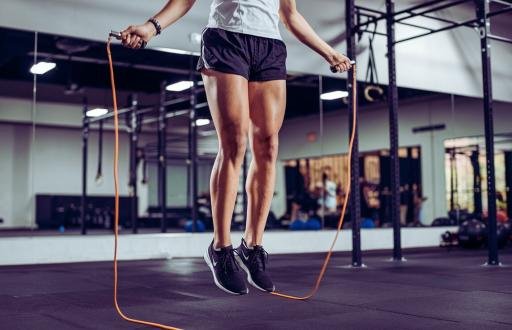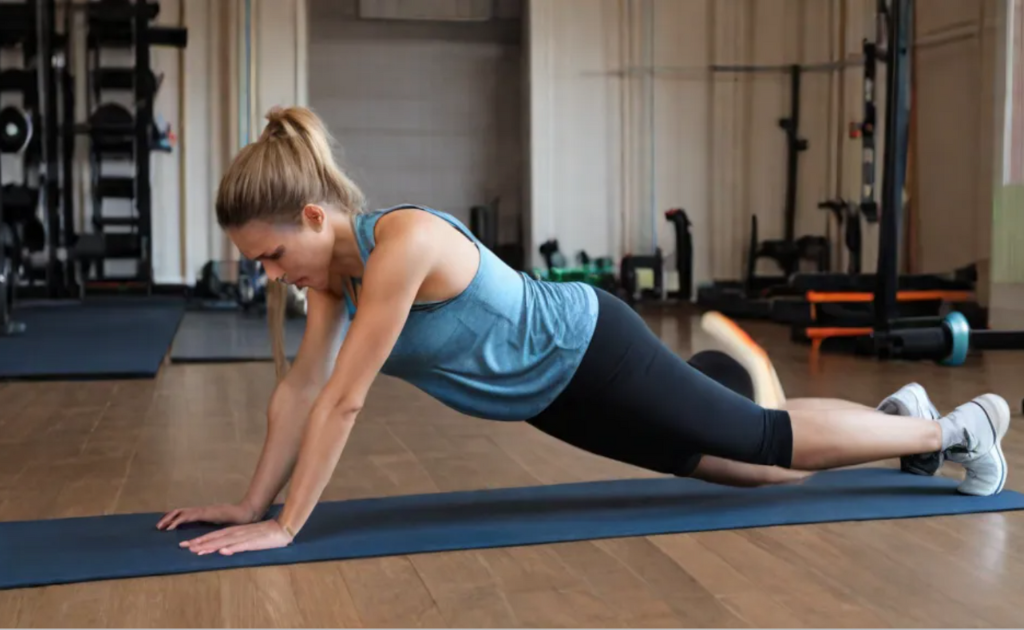Jumping rope looks easy. But for beginners, it can feel tricky. Don’t worry! These tips will help you start your skipping journey smoothly.
The History of Skipping
Skipping isn’t new. Athletes used it for years. Boxers love this exercise. Fitness experts call it a complete workout. Ancient cultures practiced rope jumping. It is easy and less expansive get more result at the end.
Skipping Around the World
- Egyptians used jumping ropes
- Chinese martial artists trained
- Dutch settlers brought ropes
- Playground favorite worldwide
Science Behind Skipping
Researchers love skipping. It’s more than exercise. Your body does amazing things during each jump. Muscles work together. Calories burn fast. The body gets more energy. It should maintain a regular schedule. Keep maintaining a routine chart to get better results.
Physiological Benefits
Muscle Groups Activated
- Legs power each jump
- Core stays strong
- Arms control rope
- Back maintains balance
- Shoulders support movement
Detailed Tip 1: Choose the Right Rope
Rope selection matters more than you think. Different ropes work for different people. The material makes a big difference. So select the rope you feel more comfortable to skipping. It makes you more active to do the jobs.
- Plastic: Light and fast
- Leather: Traditional feel
- Cloth: Soft and gentle
- Steel cable: Professional level
- Beaded: Great for beginners
Rope Length Matters
- Too short: Trips happen
- Too long: Slow movements
- Perfect length: Smooth jumps
Detailed Tip 2: Proper Footwear
Shoes protect your body. Not all shoes work the same. Special considerations help prevent injuries. Carefully select your shoes they should be easily fitting soft and comfortable for all movements like skipping.
Shoe Characteristics
- Cushioned soles
- Ankle support
- Lightweight design
- Flexible material
- Grip on bottom
Detailed Tip 3: Perfect Space Setup
Your environment impacts skipping success. Indoor or outdoor matters. Space requirements change. chose a open space to get more light and air. Place should open space for the easy movement of your rope.
Indoor Skipping Tips
- Smooth floor
- High ceiling
- Clear area
- Soft landing spots
Outdoor Skipping Locations
- Flat ground
- Concrete or wood
- Away from obstacles
- Good lighting
Detailed Tip 4: Perfect Stance Breakdown
Body position matters more than you think. Alignment prevents injuries. Small details make big differences.
Stance Checklist
- Feet shoulder-width apart
- Knees slightly bent
- Back straight
- Head looking forward
- Arms close to body
Detailed Tip 5: Progression Strategy
Beginners need smart approach. Don’t rush. Build skills slowly.
Skipping Progression
- Week 1: 20-50 skips
- Week 2: 50-100 skips
- Week 3: Add variations
- Week 4: Increase speed
Mental Preparation Techniques
Skipping needs mental strength. Overcome mental blocks. Build confidence.
Mental Training
- Visualize success
- Set small goals
- Celebrate tiny wins
- Stay positive
- Watch tutorial videos
Recovery and Rest
Your body needs care. Rest matters as much as exercise.
Recovery Tips
- Stretch after skipping
- Drink water
- Eat protein
- Get good sleep
- Listen to your body
Advanced Skipping Techniques
Beyond basic jumping. Challenge yourself. Keep exercise exciting.
Advanced Moves
- Criss-cross
- Double unders
- Side swings
- High knees
- Backwards jumping
Nutrition for Skippers
Food fuels your workout. Smart eating helps performance.
Pre-Skipping Meals
- Banana
- Oatmeal
- Smoothie
- Light protein
Post-Skipping Nutrition
- Protein shake
- Eggs
- Chicken
- Vegetables
Conclusion of skipping
Your skipping journey starts now. Small steps create big changes. Believe in yourself. Fun awaits!
Frequently Asked Questions
How often should I skip?
Start 3-4 times weekly. Rest between sessions. Listen to body signals.
Can skipping replace running?
Yes! Less joint impact. More muscle engagement. Burns more calories.
What if I get tired fast?
Normal for beginners. Build slowly. Take breaks. Stay consistent.
Age limits for skipping?
Most ages can skip. Modify for comfort. Check with doctor.
Equipment costs?
Ropes cost $10-$30. Basic equipment works. No fancy gear needed.









